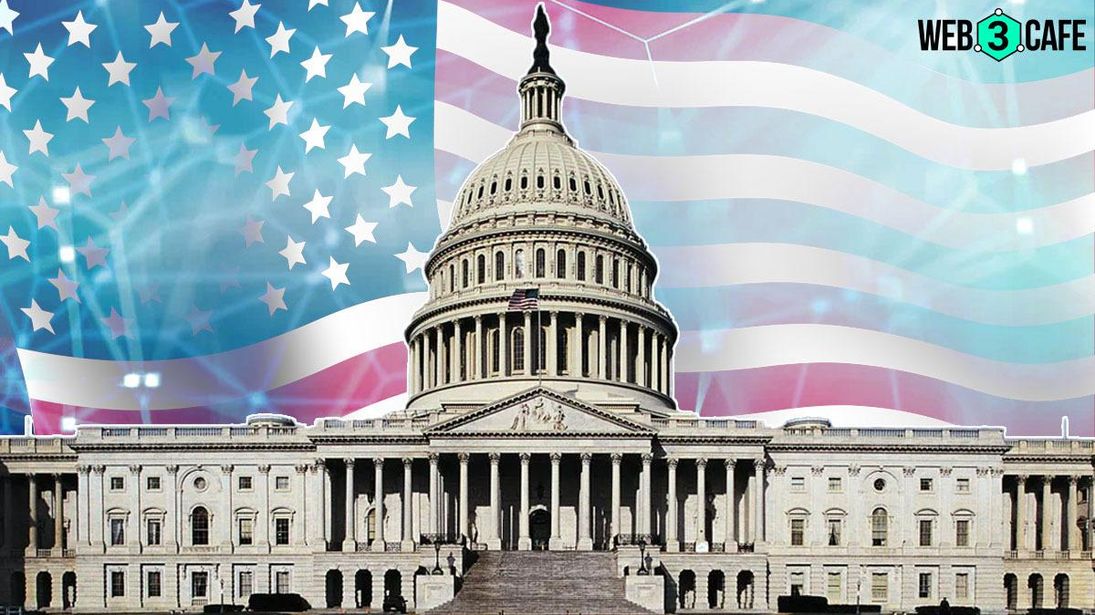US House announces banning all chatbots other than OpenAI’s ChatGPT
ChatGPT Plus is the only chatbot that is permitted for use by the US House offices. Its usage has been restricted for security purposes.
 artificial intelligence
artificial intelligence
Highlights
- US House members can only use the ChatGPT Plus version of the software
- No other chatbots are currently authorised for use in the House
- ChatGPT Plus requires enabled privacy options
The United States House of Representatives has announced new restrictions that forbid the use of big language models of artificial intelligence (AI) in its offices, with the sole exception of OpenAI's ChatGPT Plus service. In fact, it has established new guidelines for how congressional offices (related to the US Congress) can utilise ChatGPT and stated that any other chatbots are not currently authorised.
This information was provided in a document distributed by Catherine Szpindor, the top administrative officer of the US House, which highlighted recently implemented limits and security concerns as the prime motive.
“House offices using the ChatGPT artificial intelligence chatbot are only authorized to use the ChatGPT Plus version of the product. The Plus version of the product incorporates important privacy features that are necessary to protect House data.”
Software to be used only for research & evaluation
The memo, which was released on Monday, explains restrictions on how the House members can utilise the programme. The software can only be used for research and evaluation, thereby preventing its integration into everyday activities. The message further forbids the provision of any private data through prompts and asserts that ChatGPT Plus be used with all privacy options enabled.
Upcoming legislation
OpenAI has already given ChatGPT and ChatGPT Plus users the option to remove their conversation histories and accounts, although such material remains on the ChatGPT servers for an additional 30 days.
In an April blogpost, OpenAI hinted at releasing a ChatGPT commercial subscription service with enhanced data control capabilities, but information on how this service would vary from ChatGPT Plus is still unknown. Further, according to OpenAI, ChatGPT Plus service enables universal access to the model at peak hours, quicker question replies, and priority access to new features. There is no mention of further privacy features.
However, a new legislative horizon could be in formation as US Representatives, namely, Ted Lieu, Ken Buck, and Anna Eshoo recently proposed a Bipartisan bill (involving members of two political parties) to create a federal artificial intelligence commission with the main objective of extending regulatory supervision to the US AI sector.
A few days before Monday's statement, Senate Majority Leader, Chuck Schumer (D-NY) urged Congress to swiftly approve new rules governing the artificial intelligence sector. Additionally, he released a new framework outlining Congress' priority areas, including possible job losses and national security dangers from AI.
Members of the Senate and House have already introduced measures to regulate the AI industry this year. Senators, Richard Blumenthal (D-CT) and Josh Hawley (R-MO) have filed legislation to ensure that Section 230 (protects a company from publisher liability) under the Communications Decency Act of 1996 (CDA) does not apply to AI companies, possibly exposing them and their products to legal danger.


COMMENTS 0